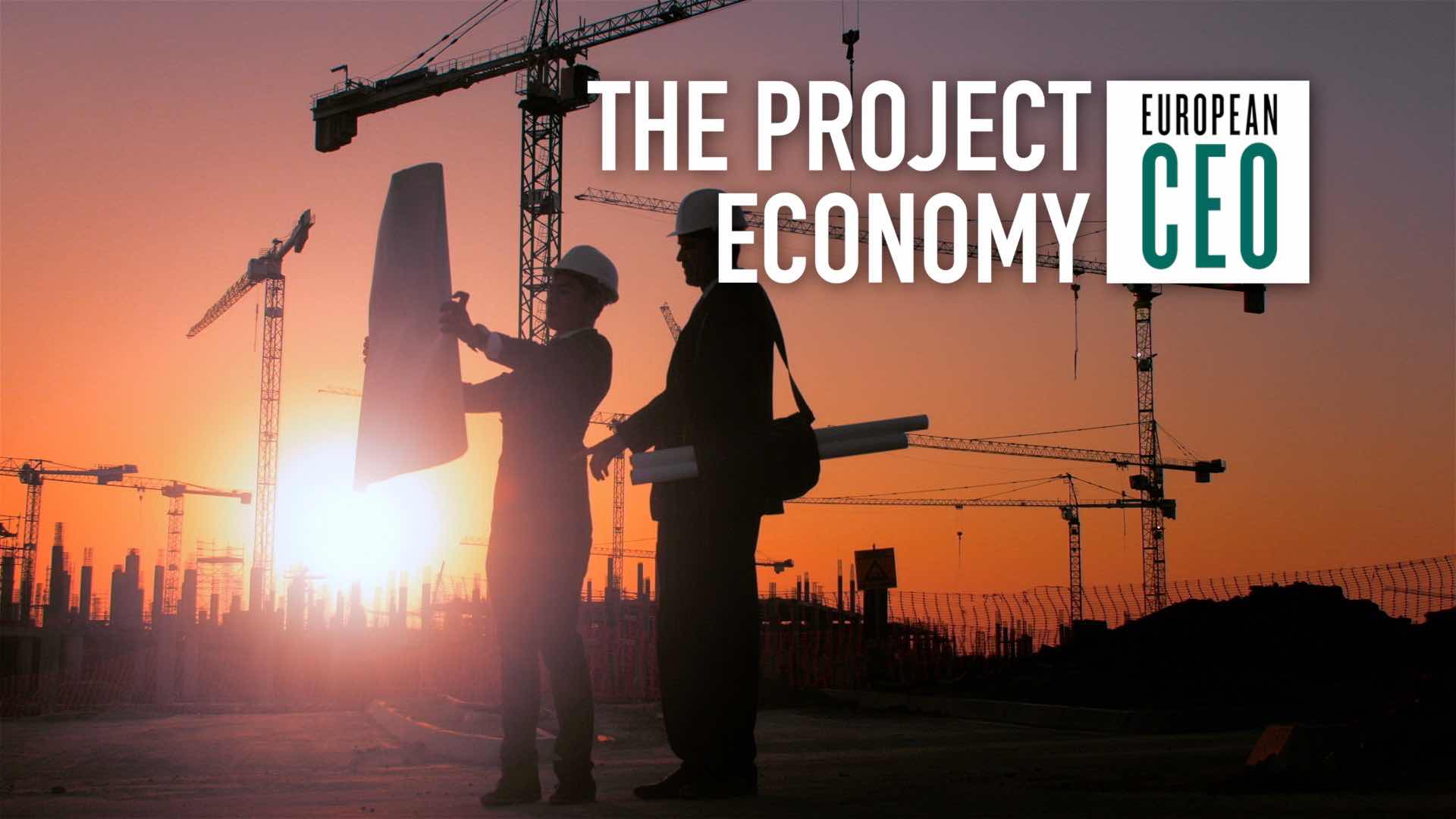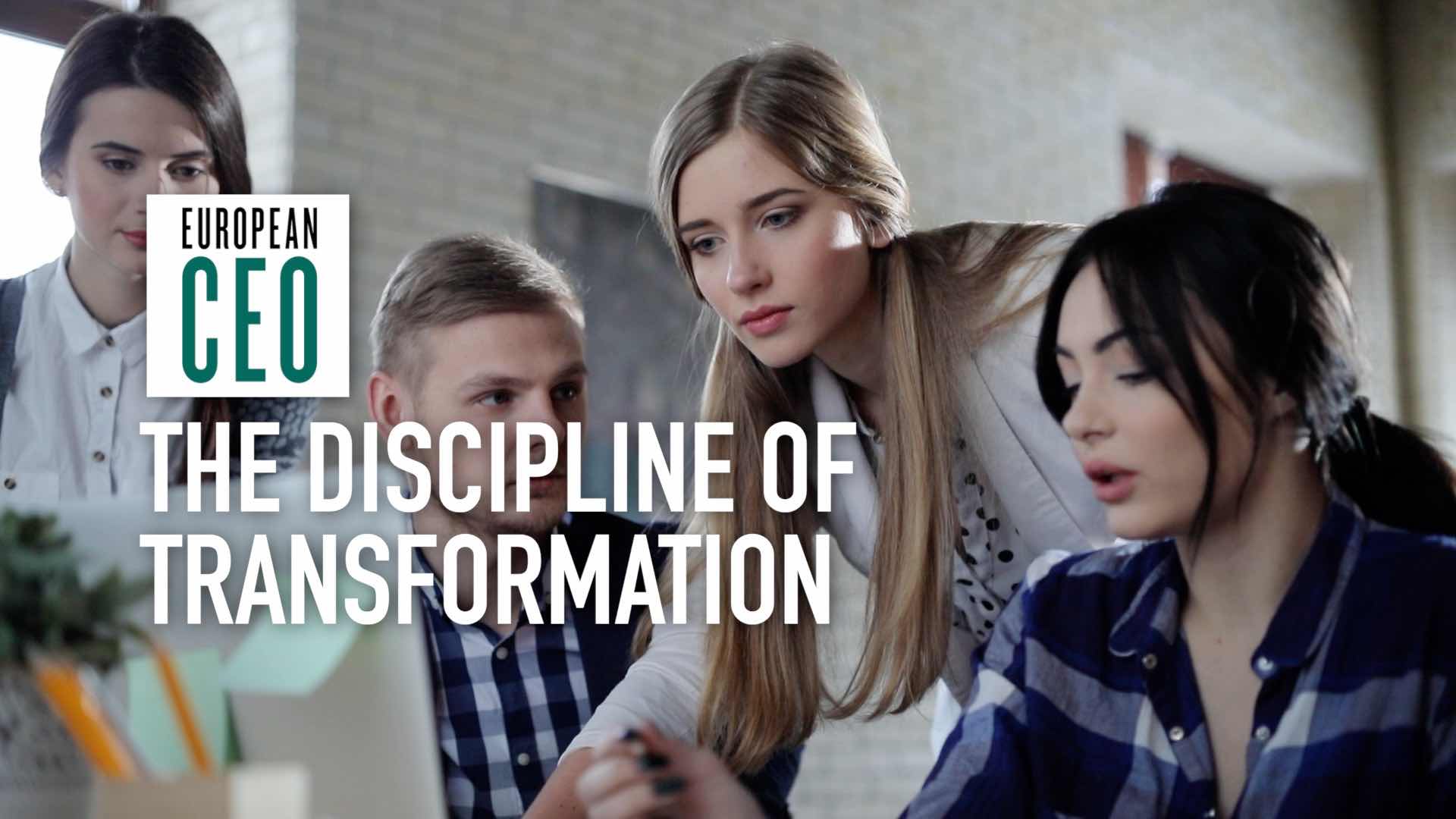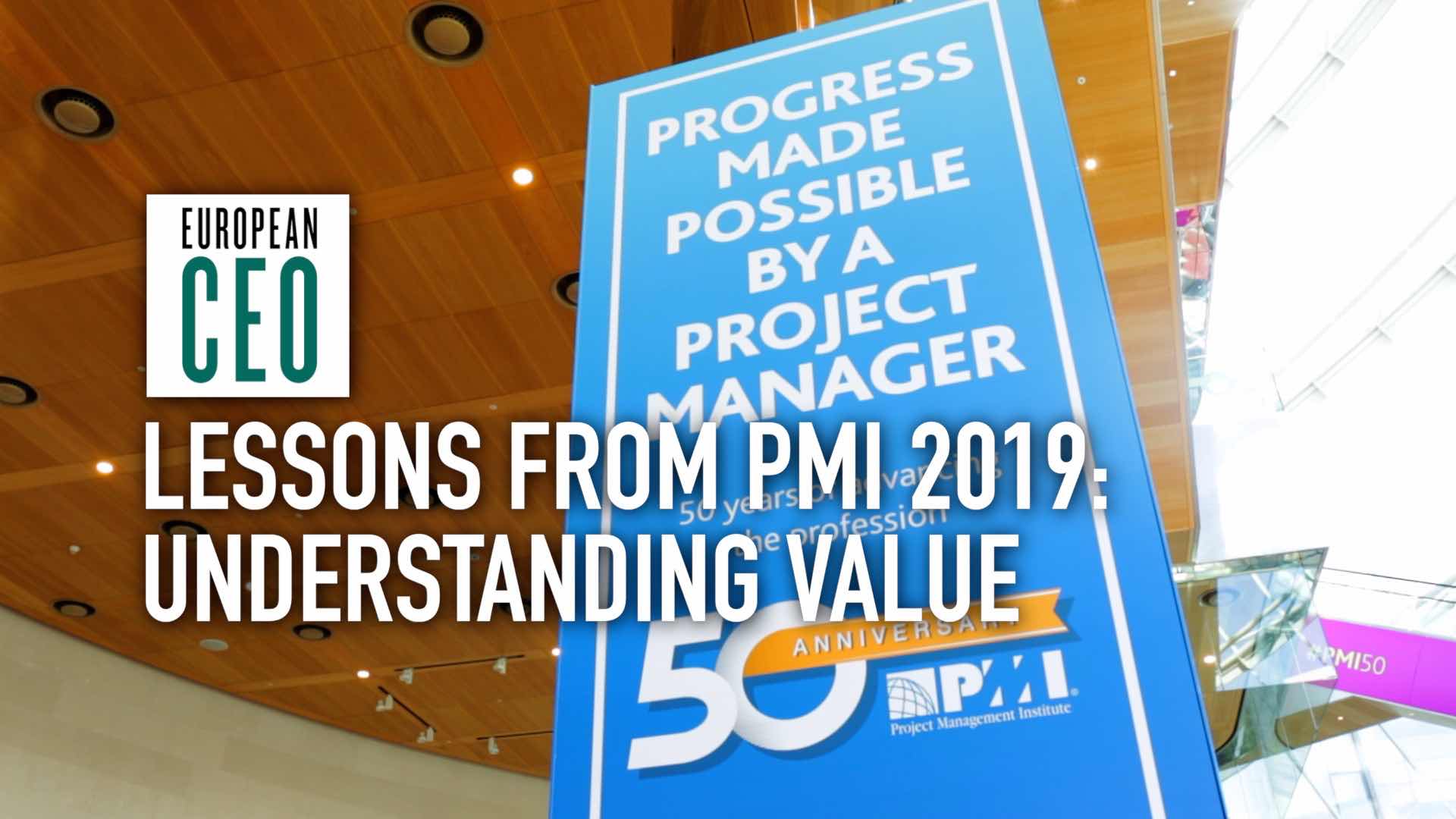Project Management Institute marks 50 years of turning ideas into reality
European CEO speaks to delegates at PMI's EMEA Congress 2019, as the organisation celebrates its 50th anniversary
Transcript
For 50 years, the Project Management Institute has been helping project management professionals deliver value for their organisations, advance their careers, and mature the profession. The 2019 PMI EMEA Congress in Dublin welcomed delegates from over 70 countries to celebrate PMI’s anniversary – we spoke to three of them about how the profession is changing and the lessons they would take home from the event. We have two more videos in this series, about ‘always-on curiosity’ and understanding and delivering value.
For 50 years, the Project Management Institute has been helping project management professionals deliver value for their organisations, advance their careers, and mature the profession. At the 2019 PMI EMEA Congress, delegates from over 70 countries gathered in Dublin to celebrate PMI’s anniversary.
Cindy Anderson: PMI’s been amazingly successful over the last 50 years. And we’ve seen the profession grow from people who did scheduling, and planning, to people who are managing billion dollar projects, and developing new products on two week sprint cycles. So it’s just a vastly large group of people with a variety of different skills.
It’s set to get even bigger: PMI says that on average, employers will need more than two million new project managers every year for the next 10 years. And the variety of skills they need is growing as well.
Cindy Anderson: We’re hearing from project managers all around the world that there are new sets of skills and things that they need to learn and do, to help them deliver results more successfully for their organisations.
So the three day event here in Dublin focuses on the talent triangle, which is how PMI represents the kinds of skills and capabilities that a project leader needs to have in this world.
So there are technical project management skills – and there are loads of sessions about the latest skills and techniques in the technical area of managing projects and delivering results.
There’s also content around leadership skills, which we know are critically important. Those things like team building and conflict resolution, and negotiation.
And then there’s sessions on business and strategic management skills, which are so important for project managers as business accelerates, and things change, and they have to deliver value in new ways for their organisations.
And then we’ve started to add a digital overlay to our talent triangle that really kind of encompasses skills that people are going to need as machines and humans start to interact more often on projects, that ability to manage the digital disruption. Those types of skills.
While project management opportunities are growing, more and more professionals are reaching retirement age. That creates a hugely positive employment outlook – but the generational shift also presents challenges.
Marcel Furmie: In my first day I learned quite a lot about how different generations perceive each other.
So: one percent of the previous generation that was surveyed in this study believes that millennials are hard working, or as hard working, as they are. Millennials on the other hand, 82 percent of them believe they are as hard working, if not harder working than the previous generation. So the perceptions out there are drastically different between the generations.
The nice thing about this talk yesterday is I can take back different tools to make it easier between the generations before me, and my current generation.
PMI is also adapting to change, announcing Sunil Prashara as its new president and CEO in March 2019. And it’s looking forward to another 50 years of success.
Cindy Anderson: I think what we’ll see in the next 50 years is that the management of projects, the way that value gets delivered in organisations, the people who lead those efforts, are going to continue to be essential in organisations, to make that kind of change happen.
Project managers, those who lead projects, those who drive transformation, those who make change, are really the people who turn ideas into reality. And no organisation can go without that.


 The Project Economy: What it means for the world, business, and you
The Project Economy: What it means for the world, business, and you PMI: There’s a lot of work to be done in the discipline of transformation
PMI: There’s a lot of work to be done in the discipline of transformation Understanding and delivering value | PMI EMEA Congress 2019
Understanding and delivering value | PMI EMEA Congress 2019